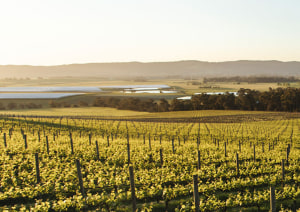Plastic packaging giant Pact Group has launched its End of Waste White Paper, examining how the goal of creating a circular economy without losing value can be achieved.
The study found that 91 per cent of Australians are concerned about the environmental impact of packaging, 76 per cent of Australians are also more concerned about packaging waste now than they were five years ago, and almost half would be willing to pay more for a product with environmentally friendly packaging.
One consumer quoted in the white paper, young Melbourne mother Rachael George, said she was passionate about preserving the environment for her son. “While I want to do more to minimise my waste, I am often confused about what I can and can’t recycle.
“I would be willing to pay more for sustainable products; however, I would need to be sure that these are sustainable – and not just a marketing stunt,” she said.
The Pact white paper looks into costs, opportunities, and solutions in the drive to eliminate household waste, particularly after China’s move to ban waste imports. It proposes marshalling the whole industry to invest and innovate in solutions; setting ambitious targets; creating large sinks for the consumption of recycled raw material; and helping to make management of household waste simpler for consumers.
According to Raphael Geminder, executive chairman of Pact Group, the problem of waste has to be sorted out now, as there is no Plan B. “The key ingredient for change is industry collaboration, with manufacturers, brand owners and retailers, and it has to happen at the highest levels.
“Now, more than ever, industry needs innovation in sustainability, and while such innovation can increase cost to the supply chain, a unified approach can provide scale to reduce costs and uncover new opportunities so consumers are not forced to choose between value and sustainability,” he said.
Geminder called on government to fund innovation and ensure all players adhere to new rules. “As for consumers, the biggest thing they want to know is: are they being adequately educated and informed about what the retailers are doing?” he said.
The white paper is available at https://pactgroup.com.au/wp-content/uploads/2018/11/Pact-End-of-Waste_A-White-Paper.pdf.





